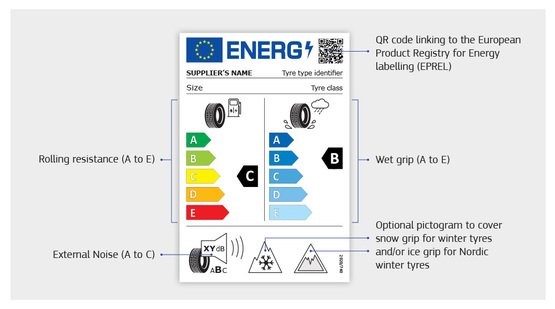Keyless Car Theft On The Increase Again!
Friday, 27. August 2021
Drivers and fleet operators are being urged to keep their cars and vans safe by the UK’s top police officer investigating vehicle crime.
Provisional figures from the National Police Chiefs’ Council (NPCC) show a 3.1% increase between May 2021 and June 2021 in vehicle crime, with a large part of this increase from keyless theft.
Police intelligence suggests that organised crime gangs are using relay technology to receive the signal from a key inside a house and transfer it to a portable device, allowing them to unlock and drive the car.
Assistant Chief Constable Jenny Sims, National Police Chiefs’ Council lead for vehicle crime, said: “Whilst the rapid development of technology has dramatically improved the experience of drivers it has also allowed criminals to exploit weaknesses in electronic security.”
Sims explained that they are working closely with car manufacturers to help them “design out crime” by sharing intelligence and equipment seized from criminals. She said: “We are already making substantial progress in this regard.”
She continued: “I would urge drivers to take simple steps to keep their vehicle safe like storing your keys in metal tins or protective pouches that block the devices criminals are using. A return to basics like making sure your car is locked is worthwhile too.
“We know from research that some owners think that cars automatically lock – they don’t. Always double check before you walk away that it’s locked.”
Despite the recent small increase in this type of theft overall theft of, and from, motor vehicles was down by 21% in the latest ONS crime statistics.
In June, new research from Verizon Connect showed that stolen vehicles or equipment costs fleet-based businesses an average of £12,250 each year.
For businesses with more than 100 vehicles, the cost is even higher, with the data suggesting fleets lose, on average, £21,000 each year.
Police say they have made significant gains against these criminals and arrests are being made across the UK.
Just recently, Leicestershire Police secured the conviction of seven members of an organised crime gang who were involved in more than 50 keyless thefts involving vehicles totalling £2.4 million. They were jailed for a total of more than 30 years.
Earlier last month in Liverpool, five people were sentenced to a total of more than 23 years in prison after being convicted for a range of offences including the theft of keyless cars totalling around £2.6m.
Meanwhile, Cheshire Constabulary secured the conviction of a man for several car and key burglaries and he was sentenced to more than seven years imprisonment in July.
Sims added: “These crime gangs care little for the impact they have on ordinary people, but they should know that police are coming after them.
“We are carrying out proactive operations every single week and as recent results show, they can expect to spend a significant time in prison when we catch them.”
To prevent theft drivers can take simple steps like double checking a car is locked, keeping keys out of sight and away from windows and doors and storing key cards in a metal tin or security pouch. By Graham Hill thanks to Fleet News























